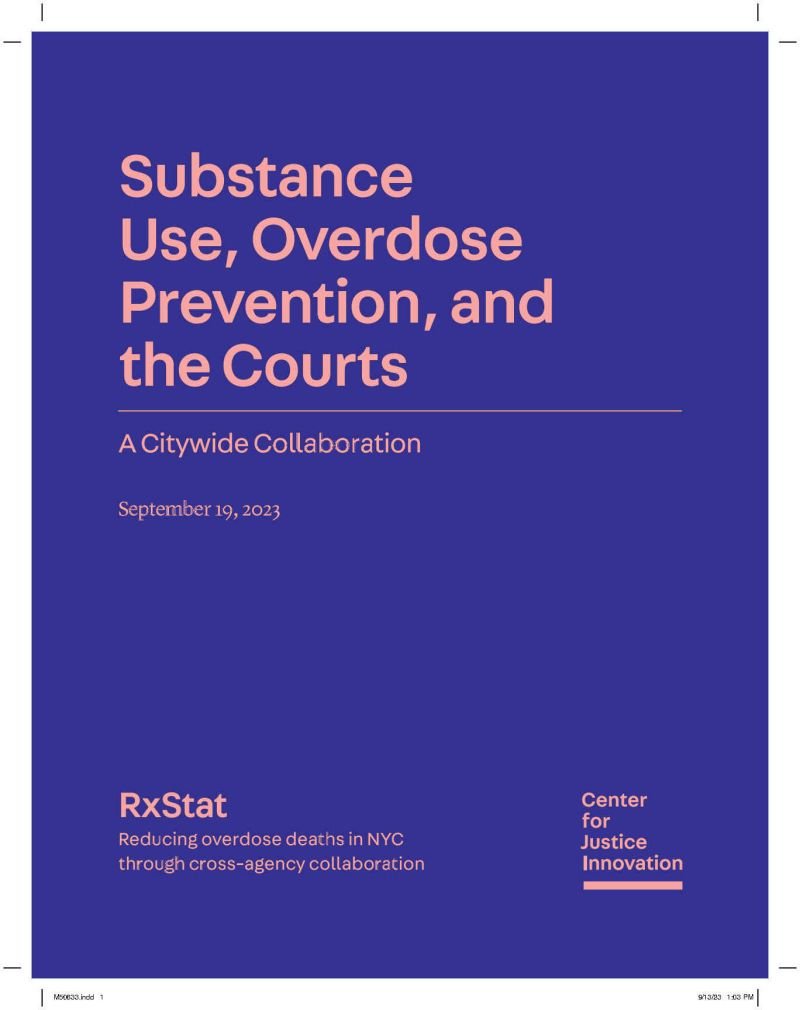By Katharine Neill Harris
There were a lot of reasons to think that 2021 would be a pivotal year for criminal justice reform in Texas: widespread popularity of relaxing cannabis laws, public support for addressing police violence and systemic racism in the justice system, and the pandemic turning overcrowded jails from a simmering public health risk into a crisis too big to ignore. Two weeks after a Minneapolis police officer killed George Floyd, a Houston native, Texas Gov. Greg Abbott indicated there was a bipartisan appetite for reform when he floated the idea of a “George Floyd Act, to make sure that we prevent police brutality like this from happening in the future in Texas.” Calling Floyd’s death “the most horrific tragedy [he had] ever personally observed,” the governor insisted that those “who have suffered because of racism for far too long” would lead the way on reform.1 During the 87th legislative session, not only did Governor Abbott neglect these concerns, he actively worked against them, opposing modest proposals to improve the justice system and prioritizing legislation that further harms the very communities he claimed to support. As other states work to address justice system inequities, recent developments in Texas expose the persistent challenges to ending the war on drugs and other policies that propagate systemic racism.
Houston, TX: The Baker Institute, 7p.



